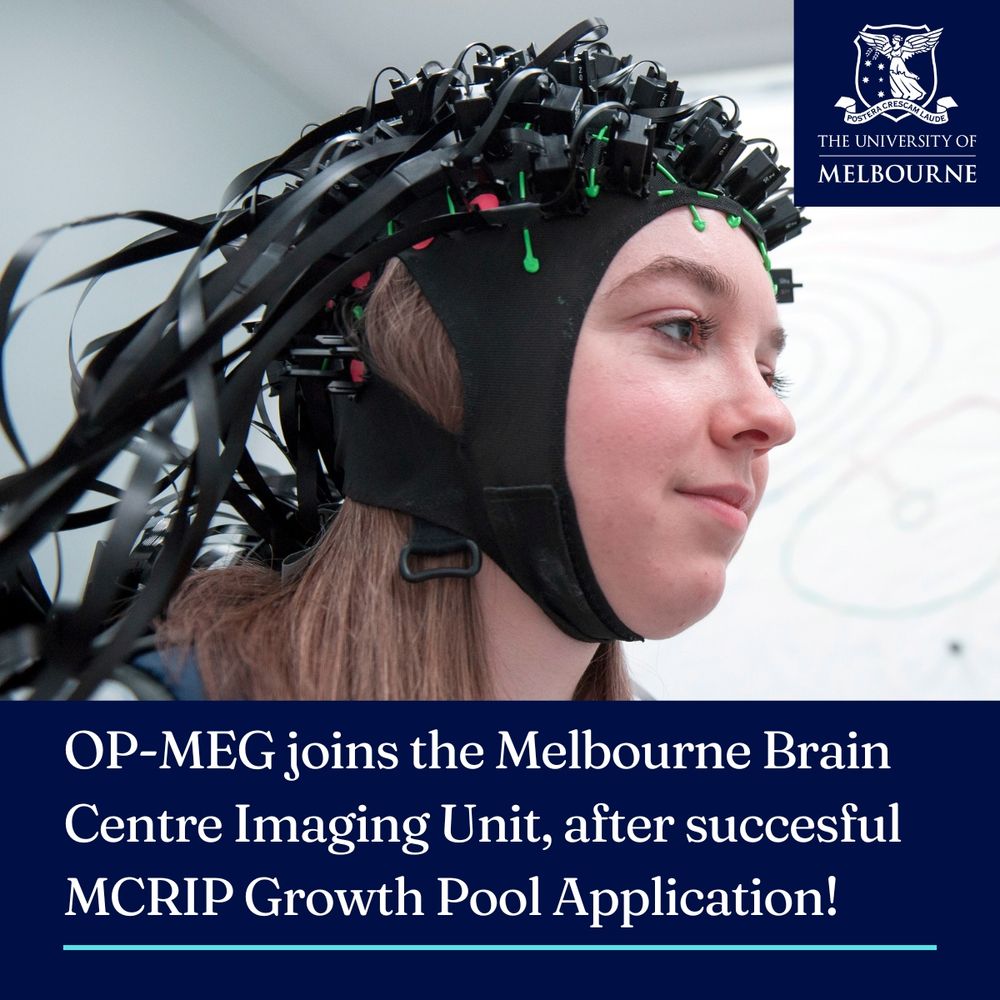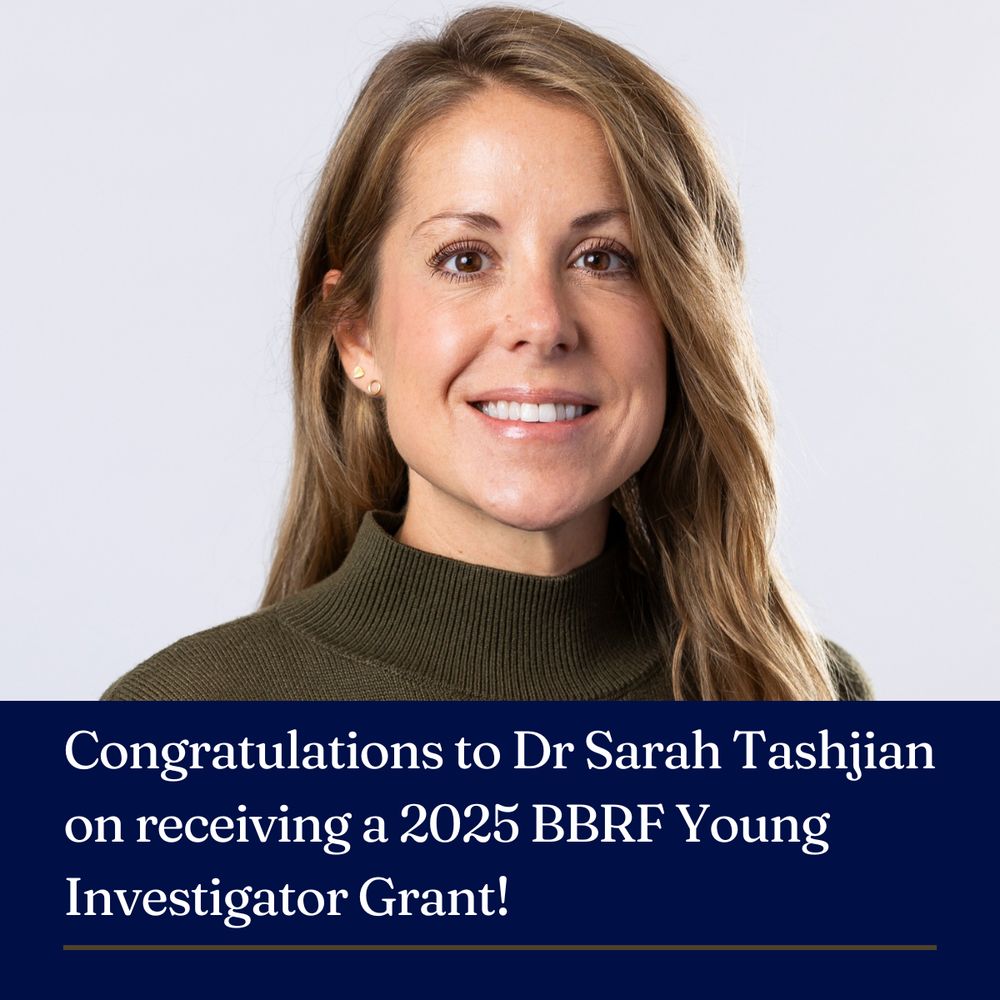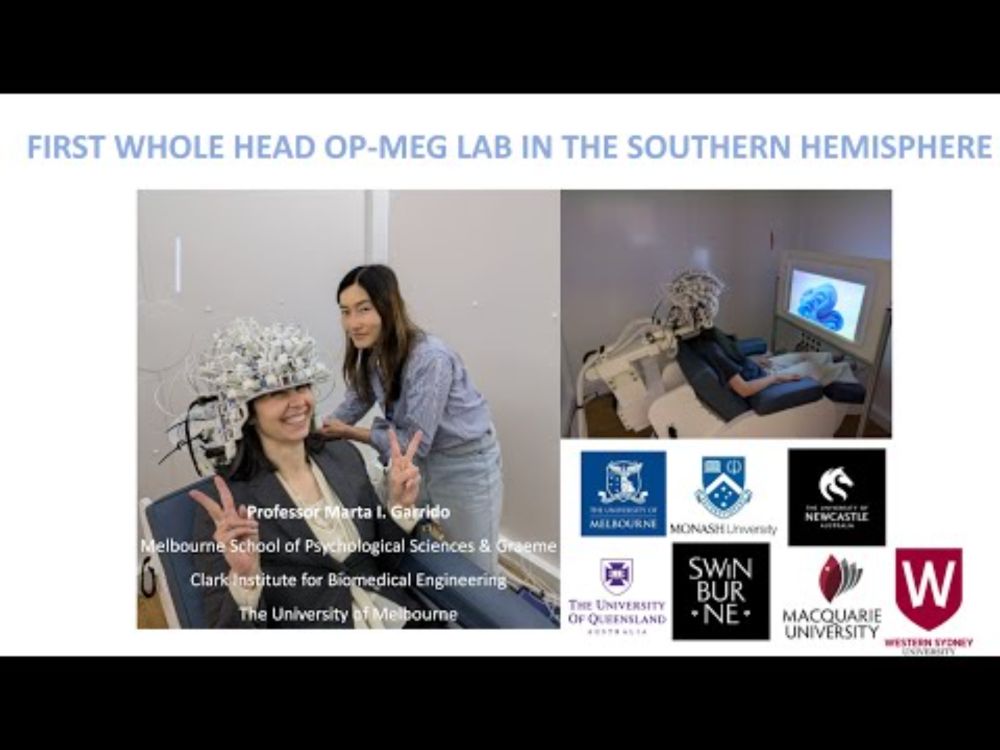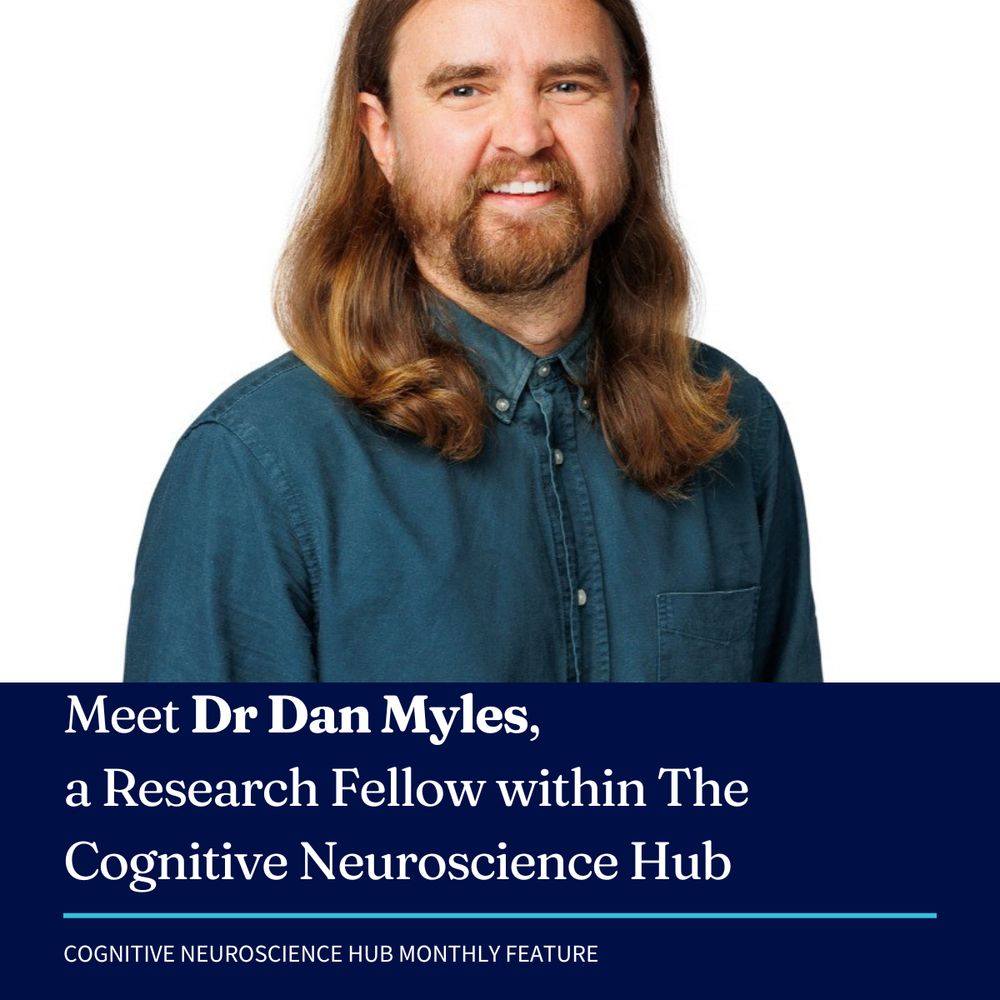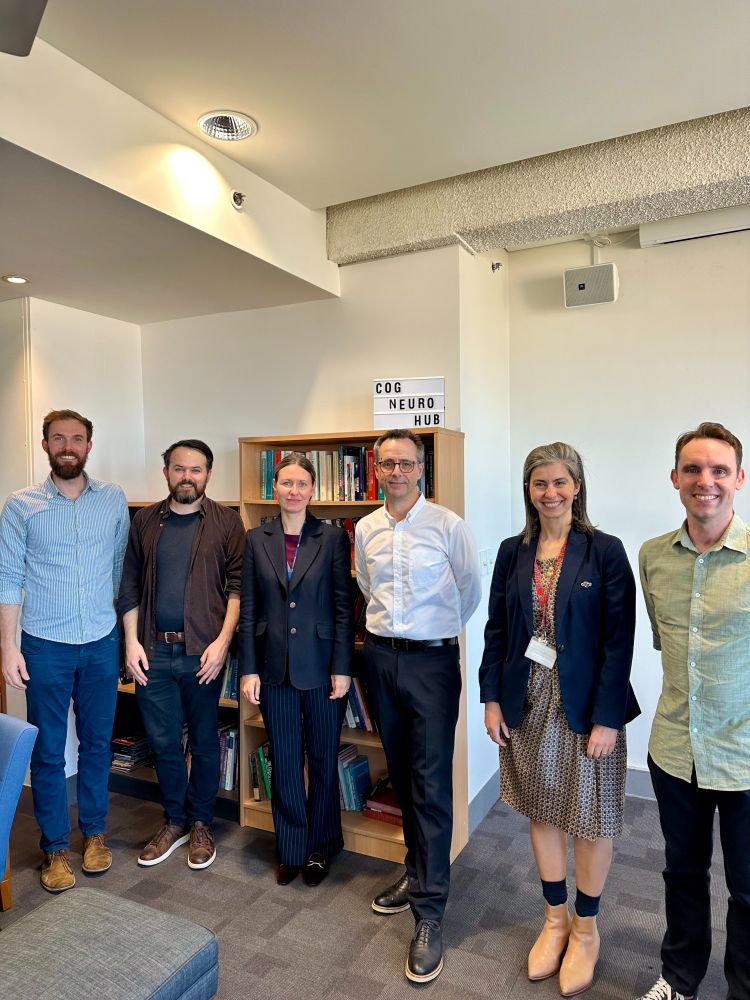Cognitive Neuroscience Hub
@cogneurohubmsps.bsky.social
65 followers
36 following
34 posts
We are a research hub at the University of Melbourne with a mission to study the science behind human cognition.
https://psychologicalsciences.unimelb.edu.au/research/hubs/cognitive-neuroscience-hub
Posts
Media
Videos
Starter Packs
Reposted by Cognitive Neuroscience Hub






